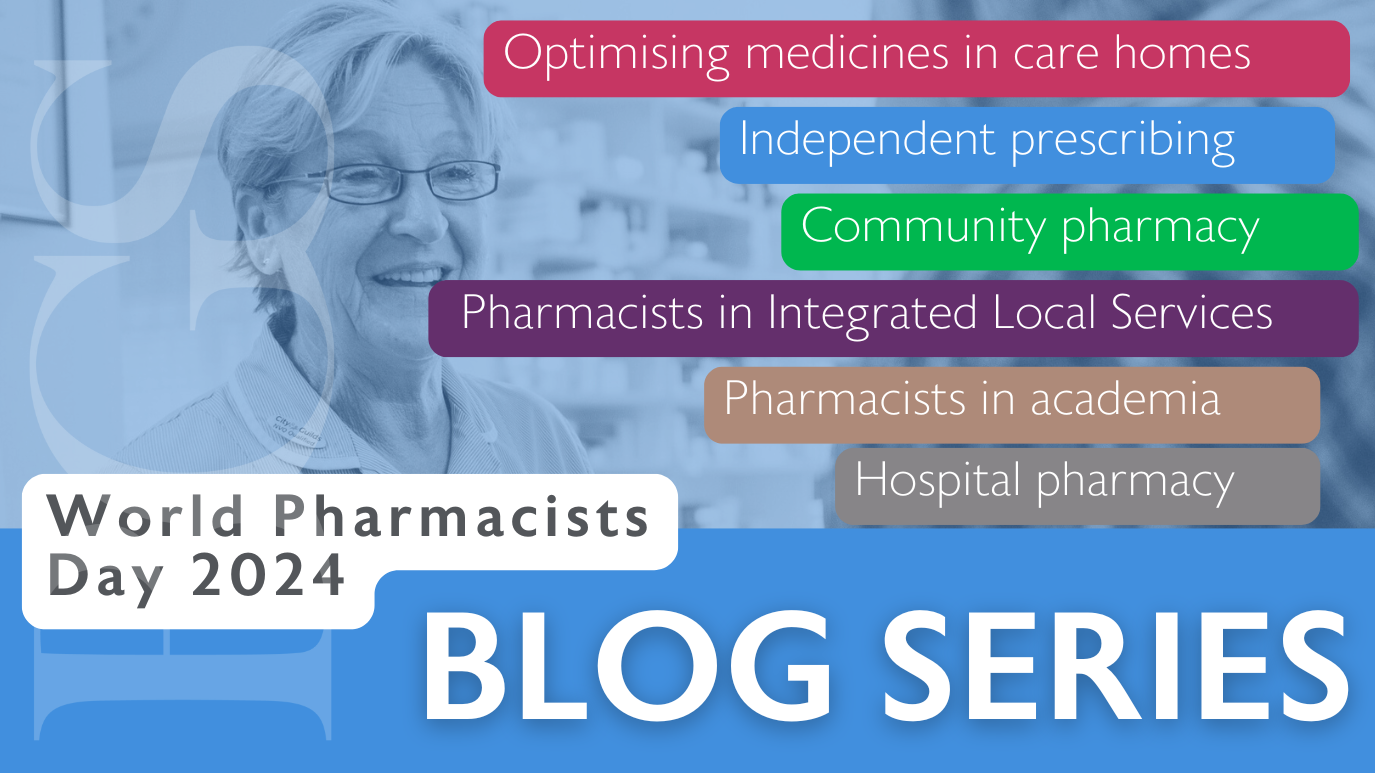Professor Ashok Soni OBE FFRPS FRPharmS is President of the National Association of Primary Care, Non-Executive Director Oxford University Hospitals Foundation Trust and is the Director & Superintendent of Copes Pharmacy Ltd.
Community pharmacy is one of the most accessible parts of the health service, providing access to a qualified healthcare professional without an appointment. Pharmacies are generally open for long hours so also provide access at times that should be convenient.
In a pharmacy all the staff have to undergo training, whether as a Medicines Counter Assistant, a dispenser, a technician or a pharmacist. There may be other people with other qualifications, but this tends to be the set of core personnel.
This means that when you visit the pharmacy there are different people to help you depending on need and the complexity of that need.
Most pharmacies (over 95%) have a private consultation room and please always ask to use it if it makes you make more comfortable about any conversation you may have with the team. Please feel free to do this at any point that you feel it matters to you, so even if you’re happy to start speaking by the counter please don’t feel unable to ask for the consultation to continue privately as needed. Hopefully, before any conversation starts you should be asked if you would prefer more privacy, but sometimes conversations start organically, and the team member hasn’t been able to find an appropriate moment to ask.
If your request is for an over-the-counter medicine, the counter assistant will ask if the medicine is for yourself, what are the symptoms, how long you’ve had the symptoms, whether you’ve taken anything already and whether you take any other medicines. Depending on your responses the staff member may suggest some self-care without a medicine. They may suggest something suitable for the symptoms or may ask someone more qualified to speak to you because they don’t have the competency to deal with your query. Any of these situations are very common and if you feel you’d like to speak to the pharmacist, please just ask but do remember that everyone has training and will ensure you speak to the right team member for the right situation. In many cases, if you are taking any other medicines, regularly or not, your consultation will be supported by the pharmacist, whether through the team member asking on your behalf or directly between you and the pharmacist.
If your request is about prescription medicines that you’re taking or have any concerns or queries about, this will be dealt with by the pharmacist, as their expertise is generally needed. Always remember that pharmacists nowadays undergo four years of education at a university followed by foundation training year of paid work placement and a final exam, before they are considered competent to practice as a pharmacist. They are specialists about medicines, their use and their risks and benefits so if you want any information to help you, they are the experts to talk to.
Many pharmacists are able to prescribe but unfortunately often aren’t currently able to do so on the NHS. There are places where this is being trialled, and from 2026, all newly qualified pharmacists will be able to prescribe and may well be supporting the doctor and/ or nurse in your care and helping you manage your medicines on an ongoing basis.
Many pharmacies also have a range of additional support services that you can access. This includes supporting you if you are prescribed any new medicines and speaking to you over the course of a few weeks to see if you have any questions about the new medicine. Always feel free to ask any questions yourself as well and please remember there are no silly or inappropriate questions as the aim is to ensure you understand everything you want to know about the medicine.
Pharmacies may also offer blood pressure checks and if you haven’t had your blood pressure taken for six months or more, or your doctor has asked you to get your blood pressure checked, just visit the pharmacy and most will be able to do a test on the spot. Most of them also provide flu and Covid vaccinations, whether by appointment or as a walk-in service.
You may get referred from 111 or your GP surgery if it’s felt the pharmacist will be the best person to help support your care. This is an NHS service, so the consultation will never cost anything and may save you waiting for an appointment with your GP surgery, or having to queue at A&E. If the pharmacist can’t help, they will also make sure you know the best place to go for further help.
Your pharmacy can always be your first port of call for any health and wellbeing needs and please remember they are always there available to help you when you want it.


